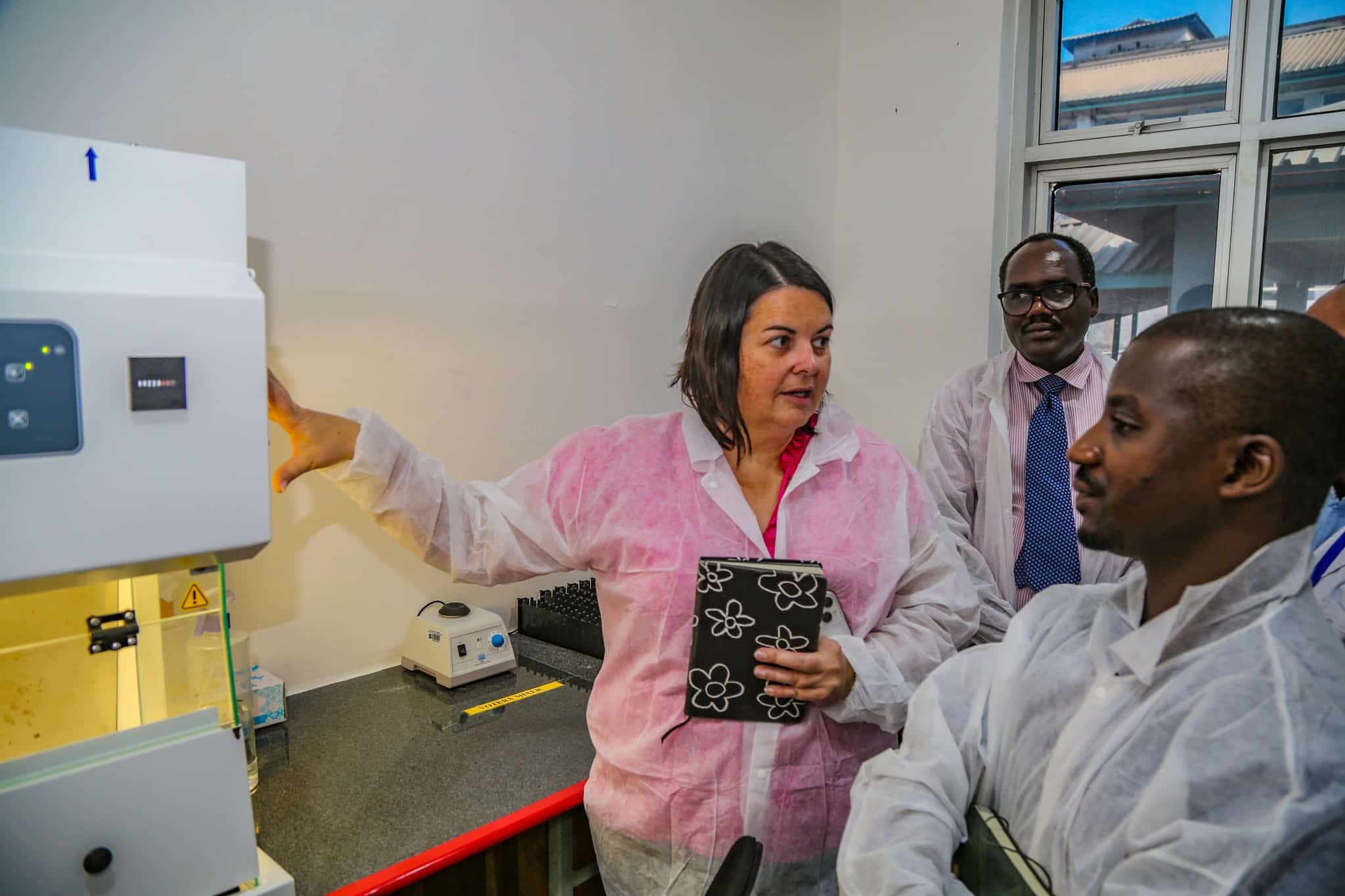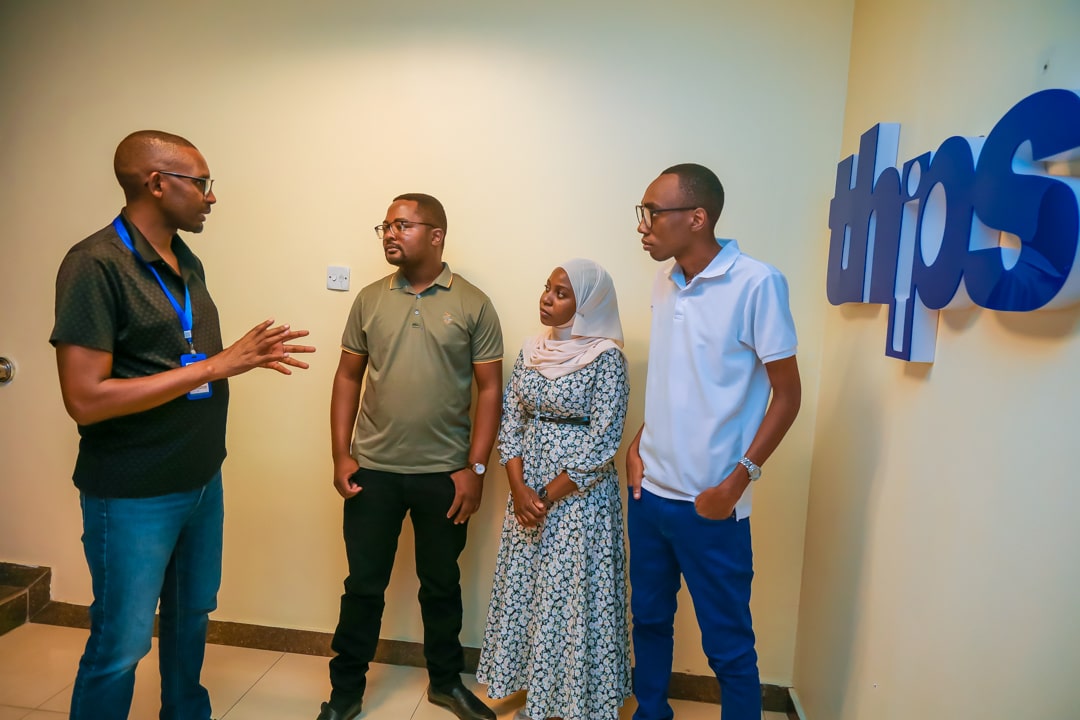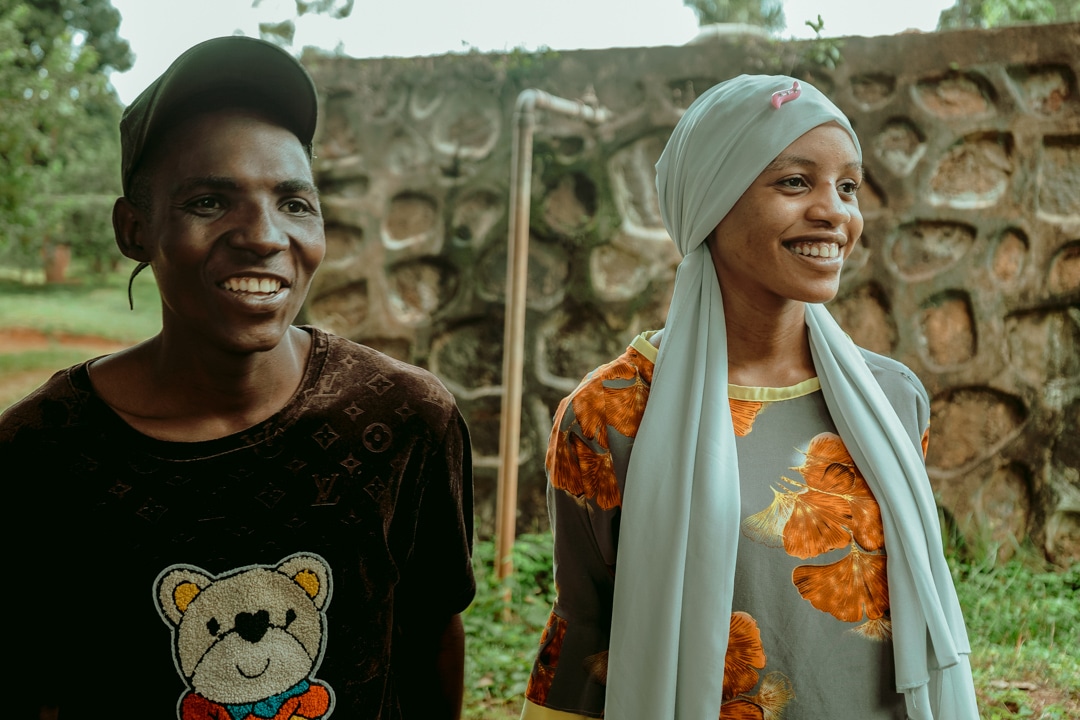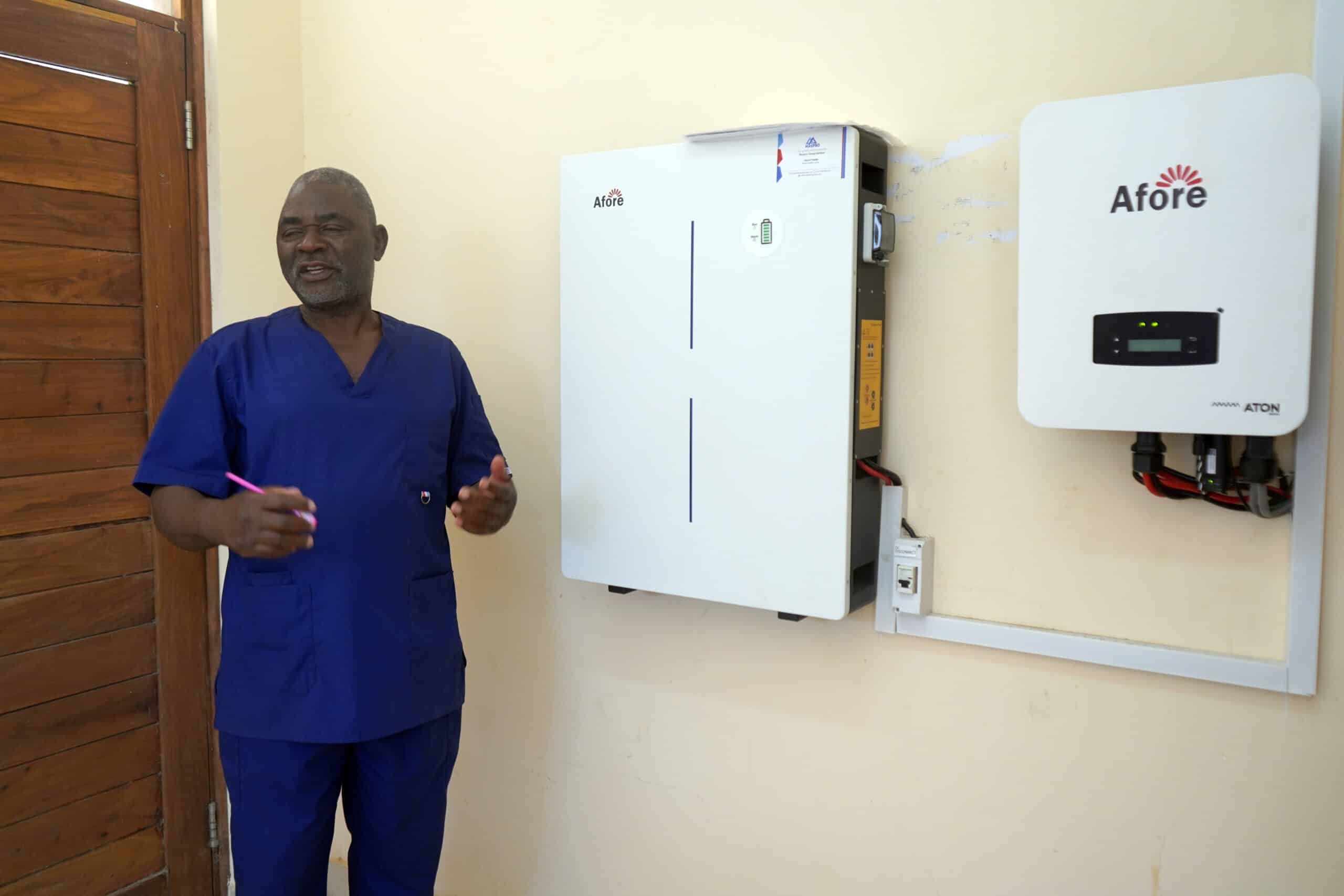Harnessing the Power of Sisterhood to Stop HIV Transmission from Mother to Child
In the small village of Murubona, Kasulu District, lives Sarah Wilson—a woman whose story is a powerful symbol of strength, sisterhood, and survival.
Sarah’s world turned upside down in 2016 when she learned she was HIV positive during her first antenatal care (ANC) visit at Kiganamo Health Center. Though she and her husband underwent counseling, stigma and pressure from family and friends led to her being abandoned—seven months pregnant and heartbroken.
“I was sent back to my parents with my pregnancy, full of pain and despair,” Sarah recalls.
Tragically, complications during delivery led to the loss of her baby. But Sarah refused to give up.
Thanks to the counseling and care she received at the HIV Care and Treatment Clinic (CTC), she found the strength to move on.
In 2018, Sarah met a new partner at the clinic and began a new chapter in her life. Together, they welcomed a beautiful, HIV-free baby girl in February 2022.
“Thanks to the prevention of mother-to-child transmission (PMTCT) services I received during my ANC visits, I learned how to protect my baby throughout pregnancy, delivery, and breastfeeding,” Sarah said with pride.
At 18 months, her daughter was re-tested and declared free of HIV—and today, she’s a healthy three-year-old.
Sarah is one of many mothers in Kasulu who have found hope and healing through the PMTCT Psychosocial Support Group (PSG) at Kiganamo Health Center, supported by the PEPFAR/CDC Afya Hatua project. This special group brings together pregnant and breastfeeding mothers living with HIV, offering a safe space to share, learn, and uplift one another.
As of June 2025, the group had 95 members—76 breastfeeding and 19 pregnant. Monthly meetings, led by trained healthcare workers and peer mothers, provide health education on how to prevent HIV transmission to babies, peer counseling, and emotional support.
“Meeting fellow mothers gave me stress relief,” Sarah said.
“We shared our experiences and challenges. The support I received from the group and health workers made all the difference.”
To make this support possible, the Afya Hatua project trained four healthcare providers and two peer mothers to walk alongside HIV-positive women throughout pregnancy, delivery, and breastfeeding. Their role is not just medical—it’s emotional, educational, and deeply personal.

Thecla Fabian, the Nursing Officer at Kiganamo Health Center, emphasizes the impact of this approach. “Through these monthly group meetings, mothers gain knowledge, confidence, and support. Many now disclose their HIV status to their partners, and we see increased male involvement in ensuring babies are born and raised HIV-free.”
Between October 2023 and June 2025, 4,109 women attended ANC services at the facility. Among them, 73 were already living with HIV, and 16 more were newly diagnosed and successfully enrolled in PMTCT services.
Even more remarkable—all 80 babies born to HIV-positive mothers during this time-tested HIV-negative. A 100% success rate.
Sarah’s journey, and those of her fellow mothers, remind us that with the right care, knowledge, and community, no woman has to face HIV alone—and no child has to be born with the virus.





